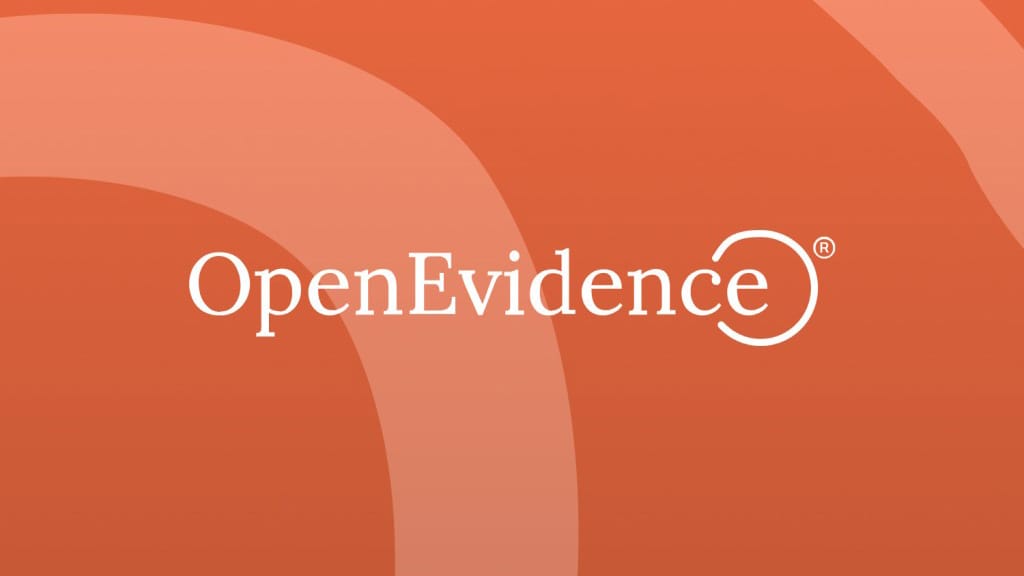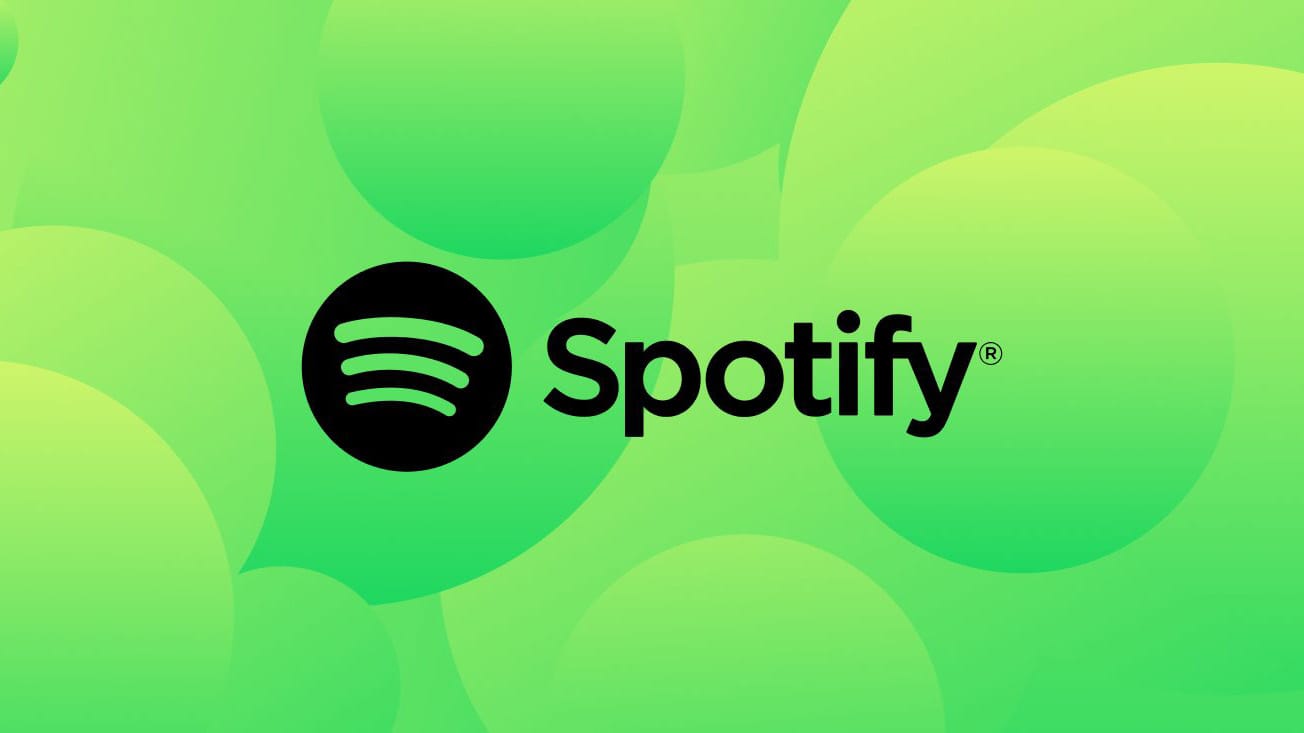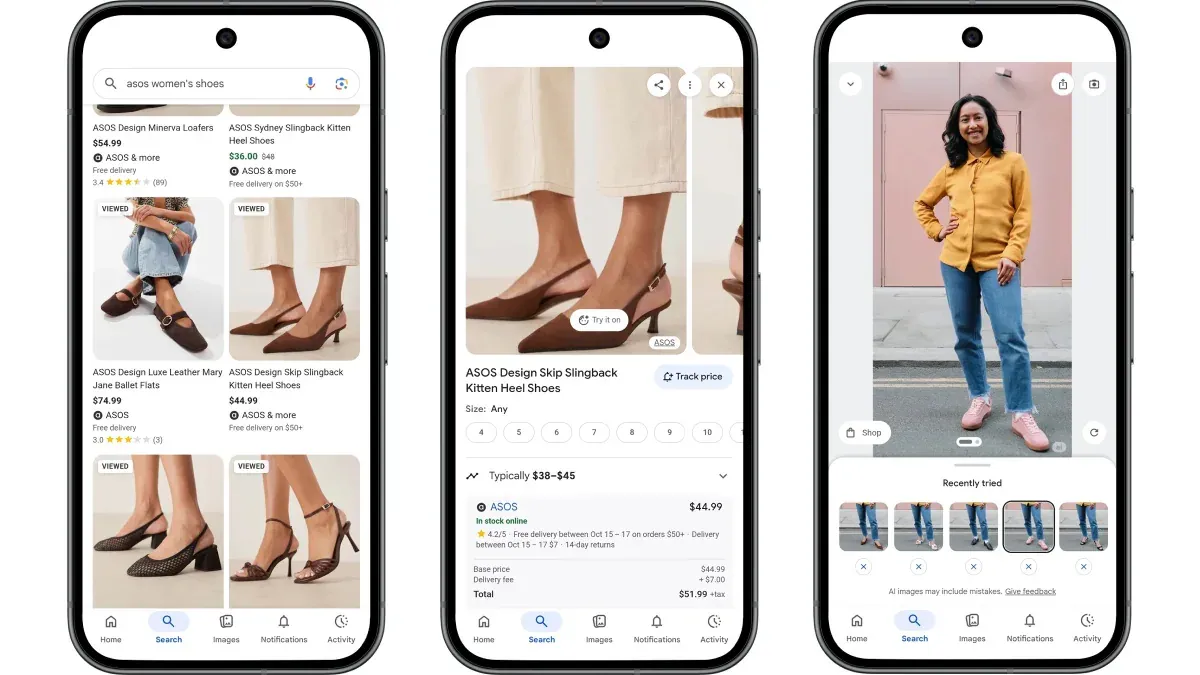The New York Times vs. Perplexity: A Legal Showdown in the AI Arena

In the ever-evolving landscape of artificial intelligence and media, a new legal battle has emerged between The New York Times (NYT) and the AI startup Perplexity. The NYT has issued a cease and desist letter to Perplexity, demanding that the company cease using its content without permission for generative AI purposes. This confrontation highlights the growing tension between traditional media outlets and AI firms over the use of copyrighted content.





